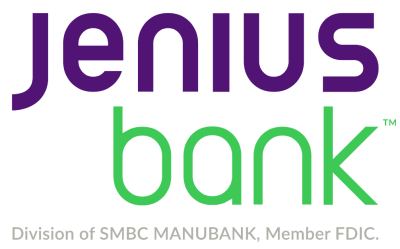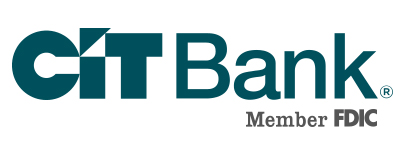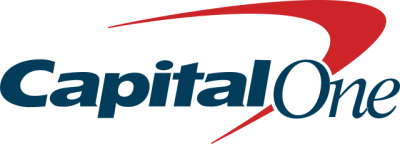Pros:
- Low opening requires amounts
- Variety of accounts offered
- Online accounts available in all states
- Rates not tiered for online accounts
Cons:
- Accounts have a monthly fee
- Some accounts only offered in few states
- Not all accounts offer competitive rates
- Competitive rates require a large sum
Pros:
- Options of personal deposit accounts
- Low required opening amounts
- Business accounts available
- Variety of other products offered
Cons:
- Checking accounts have a monthly fee
- Low-interest rates on accounts
- Amount required to waive fees is high
- Tiered interest rates
To open Mutual of Omaha Bank accounts requires low amounts. The online checking account only requires $100 to open. The other checking accounts require from $100 to $1,000 depending on the account. The savings and money market accounts require $100 or $1,000. The online money market requires $1,000 to open.
Mutual of Omaha Bank offers a variety of personal deposit and business accounts. They offer six personal checking accounts. A basic savings account and two money market accounts are offered. CD terms vary from 1-month to 60-months; fixed rates and standard rate CDs offered.
Mutual of Omaha Bank offers an online checking and money market account. The online checking account only requires $100 to open. There is not a monthly fee if your balance is above $100. Balances over $1,500 earn interest. The money market account requires $1,000 to open, waive the fee, and earn interest. These accounts are available in all states.
To earn the most competitive rates for the online accounts does not require a large sum. The online money market account only requires $1,000 to earn the best rate. The online checking requires $1,500. Amounts over $250,000 earn much lower rates.
Mutual of Omaha Bank checking and savings accounts have monthly fees. Those fees range from $3 to $15 depending on the account. Waive the fees by keeping a set balance in the account. Those balances range from $100 to $10,000 depending on the account.
Not all accounts are available in all states. Mutual of Omaha limits the accounts to specific states. The online money market and checking account are available in all states. Most accounts must be opened at a branch location.
Not all Mutual of Omaha Bank accounts offer competitive rates. The online accounts offer rates competitive with other online accounts. The CDs and other accounts offered through branch locations are not as competitive. The rates may change based on the state you open the account in.
To earn the most competitive interest rates requires a large sum. The Mutual of Omaha Bank money market account requires $250,000 to earn the highest rate. The investment checking requires $50,000.
Each type of personal deposit account has more than one option. There are four different checking accounts and three different savings accounts offered. This allows you to find the account to fit your needs best. There are only three different term lengths of CDs offered. A six-month, one-year, and two-year terms.
The HSBC savings accounts all require only $1 to open. The checking account does not have an amount required when you open the account. The HSBC CDs require $1,000 to open.
There are a wide variety of different business accounts offered through HSBC. Savings accounts, checking accounts, and CDs are all available through HSBC. There are loans and credit cards for businesses. There are options for corporate accounts. Different cash management options are also available.
Along with business accounts, HSBC offers a wide variety of other products. That includes credit cards and insurance. They offer options for investing and retiring. There are also different loan options to meet your needs.
HSBC checking accounts have a monthly fee. The fees range from $3 to $50 each month. Most of the fees can be waived by meeting certain requirements. One checking account only allows eight checks or withdrawal slips to be written. After those eight you are charged for each check you write.
Interest rates on HSBC accounts are not competitive. They are much lower than other online-only accounts. Their rates are competitive with other brick and mortar banks.
The amounts required to keep in HSBC checking accounts to waive the fees are high. The amounts range from $1,500 to $100,000, depending on which account you open. Some accounts allow the fee to be waived if you have a direct deposit into the account of certain amounts. Know the fees and requirements to waive the fees before you open an account.
To receive the highest interest rates offered on HSBC accounts you must have a large balance. The savings accounts require $100,000 to earn the best rates offered. Lower amount still earn interest, just a lower rate.








